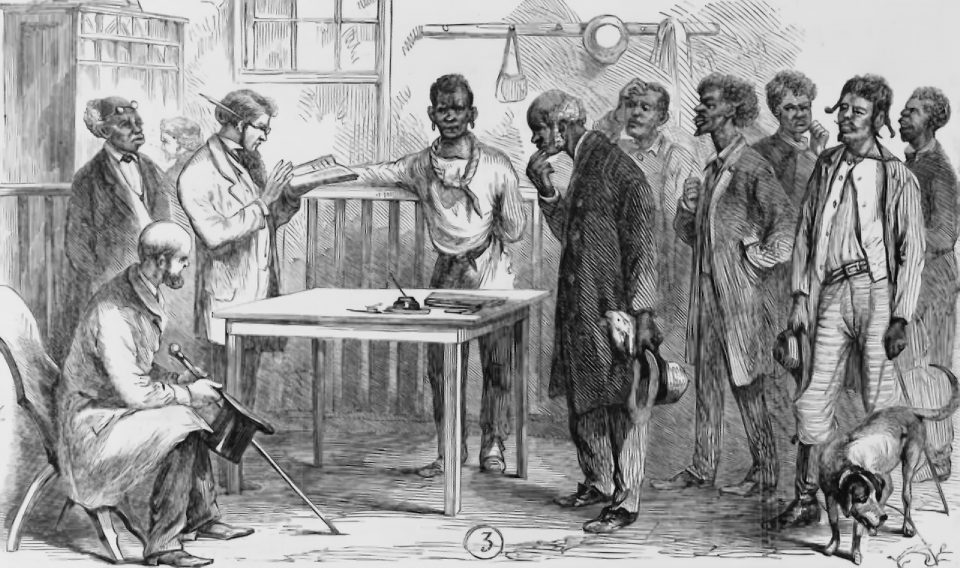The 15th Amendment to the Constitution of the United States is a pivotal piece of legislation that has had a profound impact on the country’s history and the rights of its citizens. Ratified on February 3, 1870, the amendment prohibits the denial of the right to vote based on race, color, or previous condition of servitude. This groundbreaking amendment marked a significant milestone in the ongoing struggle for civil rights and equality in America.
The 15th Amendment emerged as a direct response to the injustices and discrimination faced by African Americans following the Civil War. Despite the abolition of slavery with the 13th Amendment and the granting of citizenship rights with the 14th Amendment, many states continued to disenfranchise African American men through discriminatory voting laws and practices. The 15th Amendment sought to rectify this by explicitly enshrining the right to vote for all male citizens, regardless of race or previous enslavement.
The passage of the 15th Amendment represented a hard-fought victory for advocates of civil rights and equality. It was a critical step towards fulfilling the promise of freedom and full citizenship for African Americans, who had long been denied their fundamental rights as American citizens. The amendment was a testament to the perseverance and resilience of those who fought tirelessly for justice and equality in the face of entrenched opposition and systemic racism.

While the 15th Amendment was a significant achievement, its implementation was far from smooth. Many states continued to find ways to circumvent the spirit of the amendment through tactics such as poll taxes, literacy tests, and outright intimidation. These tactics effectively disenfranchised many African American voters for decades, perpetuating a legacy of inequality and injustice at the ballot box.
It was not until the civil rights movement of the 1950s and 1960s that concerted efforts were made to fully realize the promise of the 15th Amendment. Through grassroots organizing, legal challenges, and nonviolent resistance, activists and leaders pushed for an end to discriminatory voting practices and demanded that all citizens be able to exercise their right to vote without hindrance.

The legacy of the 15th Amendment continues to reverberate in modern American society. While significant progress has been made in expanding voting rights and combating discrimination, challenges persist. Efforts to restrict voting access, particularly for marginalized communities, underscore the ongoing relevance of the principles enshrined in the 15th Amendment.
As we reflect on the significance of the 15th Amendment, it is essential to recognize both its achievements and its limitations. The amendment stands as a testament to the enduring struggle for equality and justice, while also serving as a reminder of the work that remains to fully realize its promise. It is a call to action for all citizens to uphold the principles of fairness, inclusion, and equal representation that lie at the heart of the 15th Amendment.

